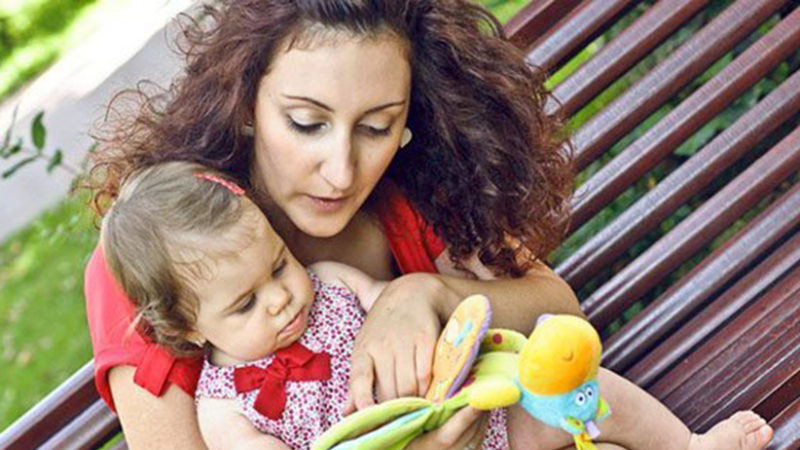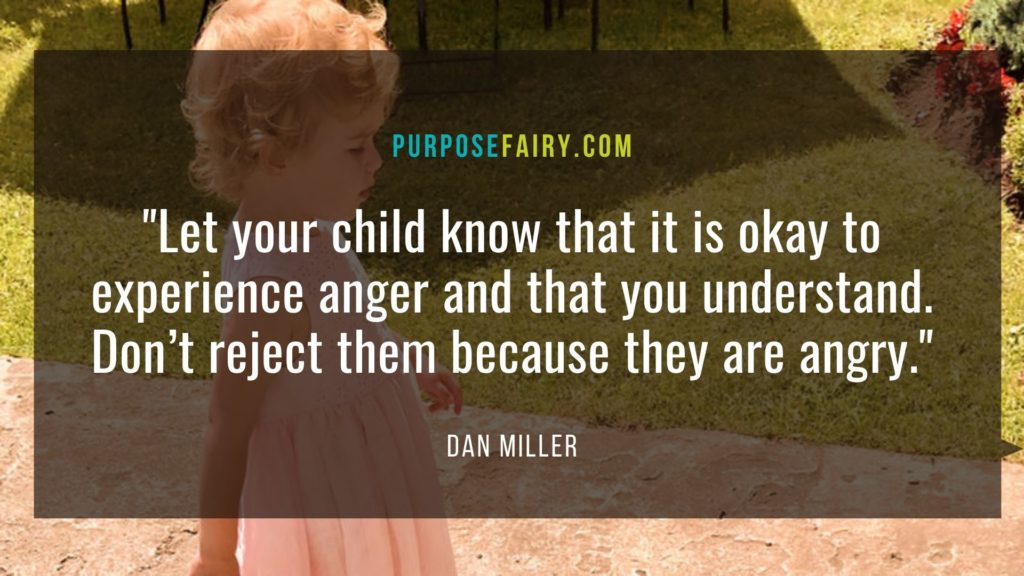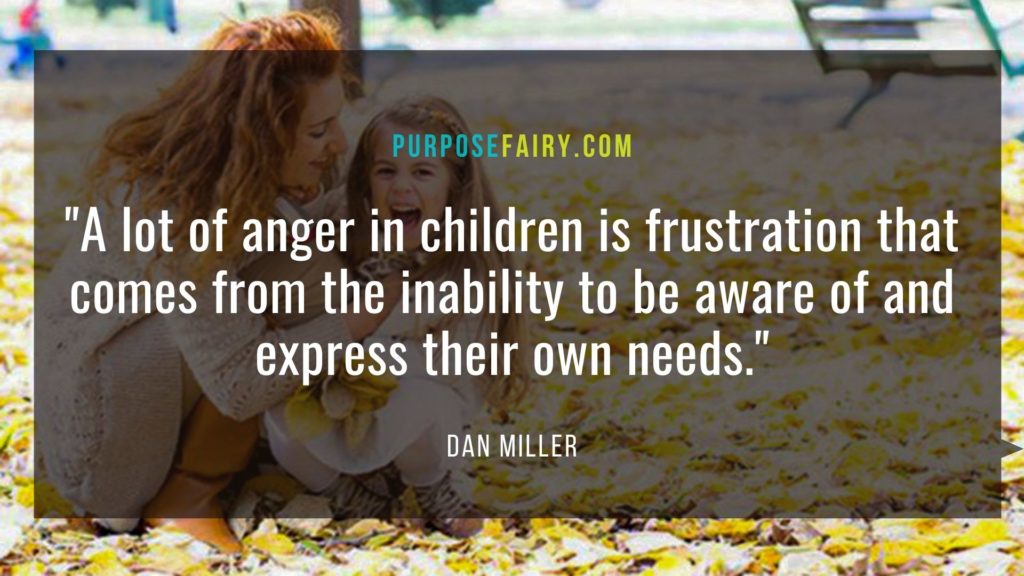
Anger is a feeling that we all experience at some point or another. Yet, similarly to sadness or fear, it’s the kind of feeling we’d rather not be seen with in public. It’s what is classed as a ‘negative’ feeling, a ‘bad’ feeling and we don’t want to be around it.
Dealing with Anger
For many years I worked with children who experienced their own emotions and social interactions as challenging and, as a result, displayed behavior that was challenging for the adults who took care of them. Unfortunately, many common approaches that were and are still employed to try and help these children are based on this assumption that feelings such as anger are bad, thereby giving children bad messages about their feelings as well as themselves.
Most approaches merely manage the behavior, i.e. the symptoms but and don’t offer much help in dealing with the cause, the feeling itself.
6 Powerful Ways to Help Your Child Deal with Anger
Here’s what I think would really help a child in dealing with their anger and other difficult feelings:
1. Distinguish between the person, the feeling, and the behavior

Let your child know that it is okay to experience anger and that you understand. Don’t reject them because they are angry.
If they start to display behavior that is harmful to themselves and/or others you need to intervene and possibly remove them from the situation but stay with them and make it clear that you are stopping them from hurting others and/or themselves and not punishing them.
2. Teach mindfulness
Instead of teaching children that anger is a bad feeling that they need to try and get rid of as soon as possible, teach them skills such as mindfulness that enable them to stay with it when it arises and to watch it disappear by itself. Teach them the skill when they are calm and sit with them and guide them through it when they are angry.
3. Facilitate a positive outlet for it
Teach children ways to express and explore their anger safely, for example, write down how they are feeling or draw a picture of their anger. Alternatively, just take your child for a walk in nature.
4. Teach children to take responsibility for their feelings
No one makes anyone feel anything. It’s important for children to understand that although a situation might have triggered their anger, the cause of their anger is never the situation but a need of theirs that hasn’t been met.
Help them understand that they need to become aware of and take responsibility for their needs and learn how to express them/request for them to be met. (Non-Violent Communication techniques can really help with this. Marshall Rosenberg’s book: ‘Non-violent communication. A language of life’ will give you a great introduction.)
5. Improve self-awareness and communication skills

A lot of anger in children is frustration that comes from the inability to be aware of and express their own needs. Mindfulness, non-violent communication, and philosophy for children (P4C) are all great ways to improve these skills.
6. Be a good role model
Most importantly, show your child how to deal with anger by being a good role model. Don’t hide or suppress your own anger. Say that you are angry when you are angry and model self-awareness by explaining why you are angry. Explain the choices you are making as a result.
What do you do to help your child deal with anger? What are some of the tools and techniques that have helped you get great results? Share your insights by joining the conversation in the comment section below.
Comments
Dani Miller
Dani Miller is an educator, workshop facilitator and writer and passionate about educating children’s hearts as well as their minds. She runs programs and workshops around personal development, emotional and social intelligence, thinking and communication skills, and mindfulness/meditation. You can connect with Dani via her website www.heartandmindeducation.co.uk or her Facebook Page.
read more